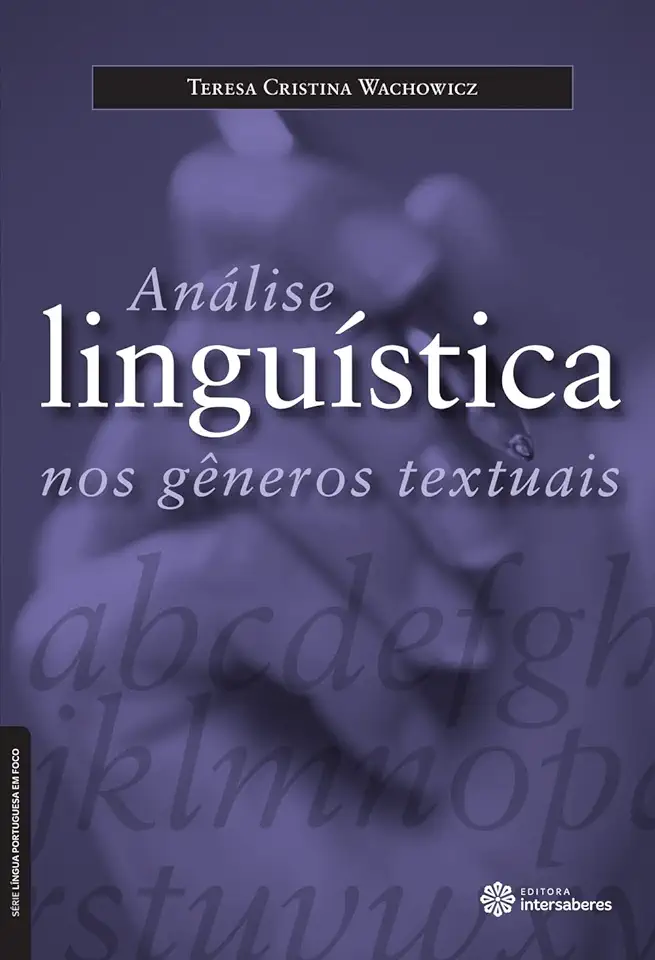
Linguistic Analysis in Textual Genres - Teresa Cristina Wachowicz
Linguistic Analysis in Textual Genres: A Comprehensive Guide to Textual Analysis
Introduction
In the ever-evolving world of communication, understanding the intricacies of language and its usage in various textual genres has become paramount. Linguistic Analysis in Textual Genres, a groundbreaking work by Teresa Cristina Wachowicz, offers a comprehensive exploration of this fascinating field, providing readers with a profound understanding of how language shapes and is shaped by different textual contexts.
Delving into Textual Genres
Wachowicz begins by introducing the concept of textual genres, defining them as distinct categories of texts that share common linguistic features and communicative purposes. She then embarks on a detailed examination of various textual genres, including literary texts, journalistic articles, scientific reports, and social media posts, among others. Each genre is meticulously analyzed, highlighting its unique linguistic characteristics, such as vocabulary, syntax, and discourse structure.
Unveiling Linguistic Patterns
At the heart of Linguistic Analysis in Textual Genres lies the exploration of linguistic patterns within different textual genres. Wachowicz employs a range of linguistic theories and analytical methods to uncover the underlying linguistic mechanisms that govern the construction and interpretation of texts. She delves into the intricacies of grammar, semantics, pragmatics, and discourse analysis, demonstrating how these linguistic components interact to create meaningful and coherent texts.
Exploring Contextual Influences
Wachowicz emphasizes the significance of context in shaping linguistic choices and textual structures. She examines how factors such as the intended audience, communicative purpose, and cultural background influence the language used in different textual genres. By analyzing the interplay between language and context, readers gain a deeper appreciation for the dynamic nature of communication and the subtle nuances that shape our understanding of texts.
Applications in Real-World Scenarios
Linguistic Analysis in Textual Genres is not merely an academic exploration; it offers practical applications in various fields. Wachowicz demonstrates how linguistic analysis can be utilized in fields such as literary criticism, journalism, advertising, and forensic linguistics. By understanding the linguistic patterns and contextual influences that shape texts, professionals can enhance their communication strategies and effectively convey their messages to their target audiences.
Engaging and Accessible Writing Style
Wachowicz's writing style is both engaging and accessible, making Linguistic Analysis in Textual Genres an enjoyable read for scholars, students, and professionals alike. She presents complex linguistic concepts in a clear and concise manner, ensuring that readers can grasp the intricacies of textual analysis without getting overwhelmed by jargon or technicalities.
Conclusion
Linguistic Analysis in Textual Genres is a must-read for anyone interested in understanding the intricate relationship between language and text. Teresa Cristina Wachowicz's comprehensive exploration of textual genres, linguistic patterns, and contextual influences provides readers with a profound understanding of how language shapes our communication and how we can harness its power to effectively convey our messages. Whether you are a linguist, a writer, a communicator, or simply someone fascinated by the art of language, this book is an invaluable resource that will enrich your understanding of the world of texts.